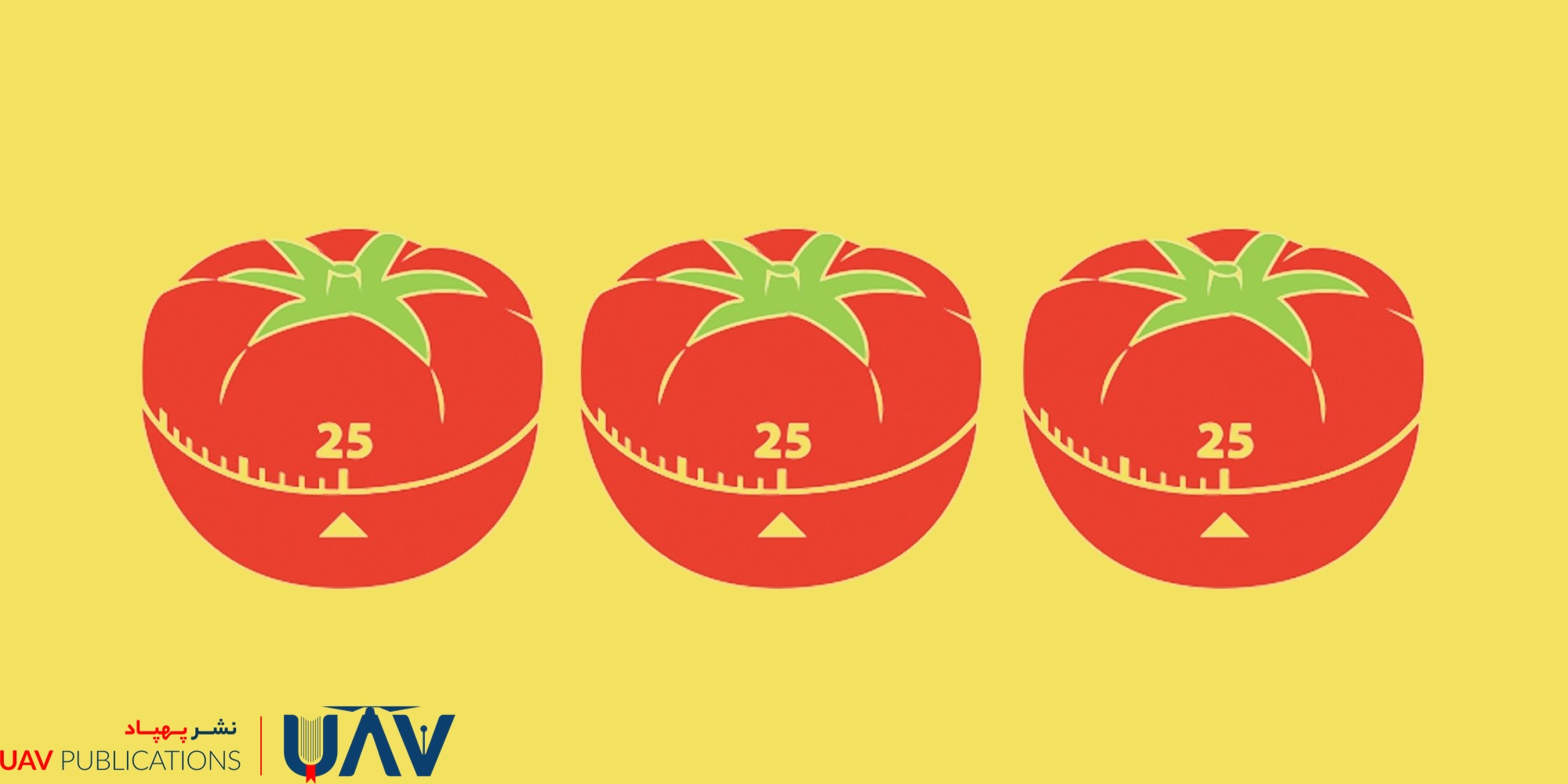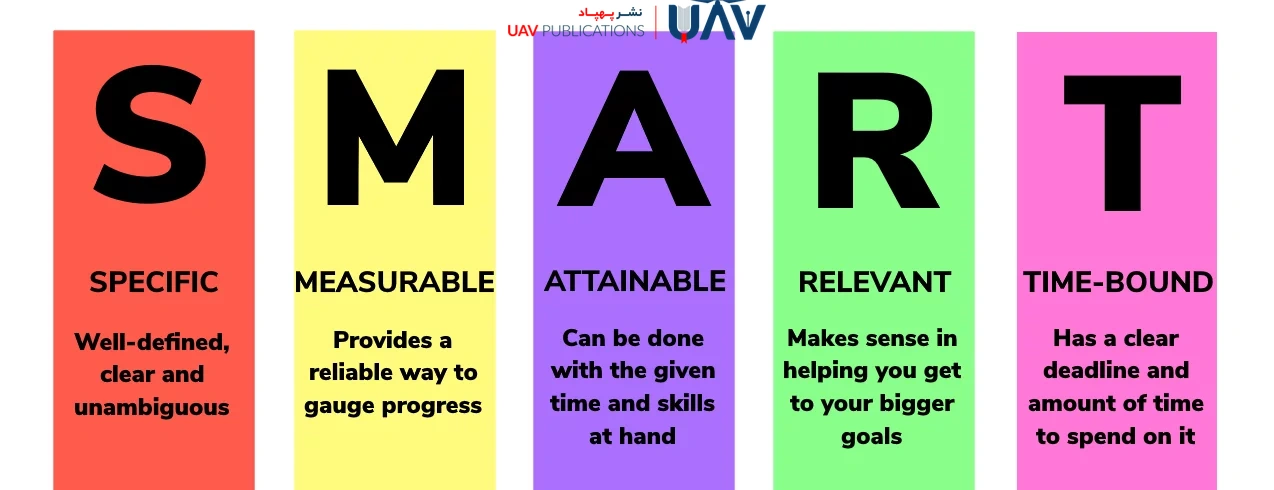An Introduction to the Toxic Habits That Drain Your Drive
Motivation is one of the most potent forces propelling us toward our personal and professional goals. Yet, without even realizing it, we often develop behaviors and habits that gradually weaken—and eventually extinguish—this essential inner fire. These habits may appear harmless or even natural at first glance, but over time, they can have a profound impact on our mindset, emotions, and performance.
Disorganization, obsessive perfectionism, dependence on external validation, constant comparison with others, or a lack of a clear sense of purpose—these are just a few examples of habits that, if left unchecked, will silently erode our motivation from within. Often, we pursue our goals with the best intentions, only to find ourselves drained and veering off course. The root cause isn’t laziness or lack of willpower—it’s the presence of hidden, habitual patterns that quietly crowd the mind and neutralize motivation.
Recognizing these invisible forces is the first step toward rebuilding motivation and reclaiming momentum. In this article, we will take a closer look at these destructive habits and explore how to identify, overcome, and replace them, so motivation can once again become a lasting source of energy in our lives.
Toxic Habits That Kill Your Motivation
On the journey of growth and success, there are subtle patterns of behavior that can quietly drain your drive and energy. These seemingly simple habits leave a profound mark on your focus, emotions, and productivity. If you feel aimless, unmotivated, or overwhelmed while chasing your goals, it may be time to examine the following destructive tendencies.
Lack of Focus and Constant Distraction
A significant reason motivation fades is the inability to concentrate. In today’s world of smartphones, notifications, and social media, our minds are constantly pulled in different directions. These distractions not only consume our time, but they also deplete our mental energy. Every time we shift tasks, our focus weakens and our sense of progress diminishes.
The solution? Eliminate distractions, set designated time blocks for deep work, and create a quiet, clutter-free environment for meaningful tasks.
How to Stay Focused in a Distracted World
Maintaining focus requires conscious discipline. Start by identifying your biggest distractions. Set your phone to silent or airplane mode during work. Limit or schedule your use of social media. Create a calm and organized workspace. Techniques like the Pomodoro Method (25 minutes of focused work followed by a 5-minute break) can enhance your concentration.

Writing a daily to-do list also helps anchor your thoughts. Focus on one task at a time—multitasking is the enemy of deep work. Lastly, practices such as mindfulness and deep breathing can help bring your attention back to the present and gradually strengthen your focus. Concentration is something you build, protect, and refine.
Perfectionism
Though often seen as a virtue, perfectionism can destroy your motivation. People who constantly chase the “ideal result” tend to procrastinate or never feel satisfied with their work. This mindset slows or halts progress altogether and leads to anxiety, mental fatigue, and self-criticism.
The antidote? Focus on consistent progress rather than flawless outcomes. It’s better to complete something imperfectly than never to begin at all.
How to Deal with Toxic Perfectionism
Perfectionism is only healthy when it drives improvement, not when it paralyzes you. Accept that perfection is unattainable. No great success story is free from trial and error. Shift your mindset from “doing it perfectly” to “doing it consistently.”

Start messy—refine as you go. Celebrate each small win instead of chasing an ideal. Let go of the internal critic and focus on your personal growth. Allow failure to be part of the process. With this approach, perfectionism gives way to real, lasting progress.
Lack of Self-Confidence
If you don’t believe in yourself, no amount of motivation will carry you forward. Low self-confidence is like a chain that ties you to past fears. People who constantly doubt themselves rarely take decisive action or pursue new challenges, relying instead on others’ approval. Over time, this erodes motivation.
To build confidence, recognize small wins, practice self-compassion, and avoid comparing yourself to others.
Where to Begin Building Confidence
Confidence is not innate—it’s a skill that can be learned. Start with achievable goals. Celebrate every milestone, no matter how small. Replace negative self-talk with positive affirmations. Instead of “I can’t,” say “I’m learning.”
Surround yourself with people who uplift you, and compare yourself only to your past self. Practices like exercise, meditation, healthy eating, and quality sleep contribute to a sense of inner balance and self-worth. Spend a few minutes daily acknowledging your strengths—this rewires the brain to believe in your abilities.
Absence of Clear Goals
Living without clear goals is like driving through heavy fog—you don’t know where you’re going, when you’ll get there, or why you started in the first place. Without purpose, motivation wanes, and a sense of emptiness ensues.
Set goals that are specific, measurable, achievable, relevant, and time-bound (SMART). Break them down into smaller steps, write them down, and track your progress.
How to Set Meaningful Personal Goals
Effective goal-setting is the cornerstone of sustained motivation. Break big goals into actionable tasks. For example, if you aim to master a skill, start with a course, then practice regularly, and then test yourself through real-world application.

Write your goals down and place them in a visible location. Seeing them daily reinforces your subconscious drive. Track your progress—each small change will energize you. Without clear direction, motivation withers. With it, even tough days gain purpose.
Comparing Yourself to Others
One of the most insidious habits that drains motivation is comparing yourself to others. Social media amplifies this tendency—we see polished highlights but not the struggles behind them.
This comparison distorts self-worth and diverts us from our unique paths. Instead, focus on your growth and compare yourself only to who you were yesterday.
How to Escape the Comparison Trap
Comparing yourself to others can drain your emotional energy and blind you to your progress. Recognize that everyone walks a different path. Bring the focus back to yourself: compare today’s version of you with yesterday’s.
Use others as sources of inspiration, not competition. Limit time spent on social media, where curated perfection distorts reality. Practice daily gratitude—it quiets the mind and nurtures contentment. When you stop comparing, your focus, motivation, and energy return to you.
Inadequate Rest
In a culture that glorifies constant productivity, rest is often viewed as a sign of laziness. But insufficient rest slowly kills motivation. A tired mind can’t plan, create, or make sound decisions; an exhausted body can’t carry you forward.
Rest is not a luxury—it’s a necessity.

How to Handle a Lack of Rest
Rest is as essential to success as hard work. Treat it as a non-negotiable part of your daily routine. Start with adequate nightly sleep—at least 7 hours. Throughout the day, take breaks, breathe deeply, or step outside to refresh yourself.
Use strategies like the Pomodoro Technique to alternate between focused work and short rest periods. Even a 5-minute meditation or gentle stretching can reset your energy. When you honor your need for rest, you return to your work more motivated and focused.
Dependence on Others’ Approval
One of the most overlooked toxic habits is the constant need for validation from others. If your motivation depends solely on praise or recognition, even minor criticisms can derail your efforts.
This dependency leads you to abandon personal priorities for the sake of pleasing others. To break free, understand that your worth lies within, not in others’ opinions.
How to Break Free from the Need for Approval
Needing approval is like living in a mental prison. True freedom comes when you validate yourself and align your path with your values and dreams.

Build self-awareness. Focus on goals that matter to you, not those designed to impress others. When you affirm your worth, outside approval loses its grip on your decisions.
Fear of Failure
Fear of failure is a silent killer of motivation. Many people label themselves as failures before even taking the first step. This paralyzing mindset prevents growth and causes hesitation in pursuing dreams.
But failure is not the enemy—it’s a teacher.
How to Overcome Fear of Failure
Failure is not the end—it’s part of the process. Reframe failure as an opportunity to learn and grow. Each mistake brings you closer to success. Accept that no meaningful journey is free from setbacks.
Courage isn’t the absence of fear—it’s the decision to move forward despite it. Those who succeed are often the ones who dared to fail and kept going.
Living in the Past
Dwelling on past regrets or mistakes robs you of your motivation to move forward. Obsessing over what can’t be changed only depletes your focus and confidence.

The Past is a teacher, not your home. To be motivated in the present, learn from yesterday, but live for today. The future belongs to those who let go of what no longer serves them.
Let Go of the Past
When your mind is stuck in the Past, you can’t move toward the future. Free yourself from the weight of old regrets. Learn from past experiences, but don’t let them define you.
Find strength in the present moment. Motivation thrives when your energy is invested in the present, rather than the Past or the future.
Lack of Structure and Discipline
Even with motivation, disorganization can sap your energy. If you don’t know what to do, when to do it, or how to do it, confusion replaces clarity.
Mental, physical, and time-related disorders are major causes of long-term motivational fatigue. A structured daily or weekly plan can bring clarity and calm.
How to Bring Order to a Chaotic Life
Without structure, motivation alone isn’t enough. Create a consistent schedule that outlines your tasks and priorities. Organize your space—it calms the mind and boosts focus.
Knowing exactly what you’re working toward and how to achieve it naturally enhances motivation. Try productivity methods like the Pomodoro Technique to maintain balance between effort and recovery.

